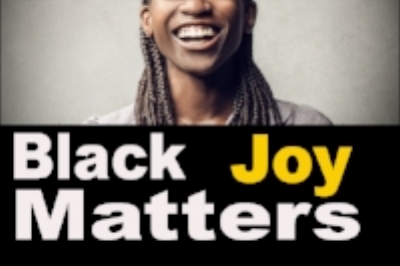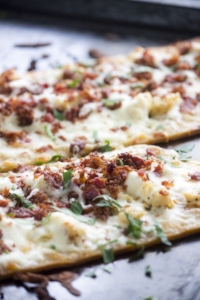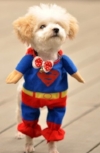Ep. 15: Get Your Fear Under Control, (White) America
Our EQ: How are many modern social problems fueled by fear and how can we use the emotion to our advantage to make social change?
We dig into the topic of fear sharing some of their deepest fears, discussing mass shootings, how arming teachers is asinine (that gun $$ tho), and why white people need to get over themselves--specifically when it comes to films such as Black Panther. Since recording, Black Panther has crossed over $1 BILLION mark!
Mentioned in this episode:
- The Psychology of Fear
- Mass Shootings & Mental Illness
- Are White People Being Assaulted at Showings of Black Panther
- Black Super Heroes Matter
- The Bechdel Test
- The Race Bechdel Test
- Black Excellence is an All-Time High
Timeless or Terrible:
- Iphones
- Drake
- Bonfires
Do Your Fudging Homework:
- Annie: Go read “Why we’re so easily manipulated by political appeals to fear” by David Ropeik. It offers some interesting connections to today’s conversation about fear.
- Hope: 1) Go watch Black Panther. 2) Try to do something to combat your fears. 3) Go watch Black Panther.
























